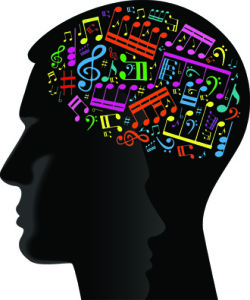If you ever admired the way a pianist’s fingers glide over the keys of the piano and produce a perfectly harmonious music, you should know that it’s the result of massive amounts of practice: the mastery of the instrument. Of course, the piano contributes to the experience, some sounding better than others, but the credits are of the pianist. When thinking of how long the journey of learning to play the piano was, you might scare away, and in reality miss out on something truly amazing.
If you ever felt attracted to the piano but where drawn back by the amounts of practice required to attain a certain level of proficiency, there are good news. According to recent neurological studies, the brain is far more adaptable than believed to be, in the past. Besides a few skills that are very specialized, people of all ages can learn to master the piano. The formula is desire and practice.
The brain’s learning ability is enhanced by learning. Yes, that may sound like a closed circuit. But look at it this way: the power to maximize your learning abilities lies in your own hands. Ultimately, the more information your brain acquires, the more it evolves.

The relationship between the ability to learn and learning is not just a simple cause and effect circuit. The ability to learn certain skills are increased during developmental windows. Outside of those developmental windows it’s much more difficult to attain those skills. However these windows are not as static or time limited as once thought. The link between the ability of learning and these developmental windows have been exaggerated a bit in the past.
When learning to play the piano, and other similar activities, the initial experience is more important than the age you start. When you start a new activity, you brain will create neural pathways, in this case for piano playing. Studies show that whenever you will come back to a certain activity, your brain will use the neural network you initially created for that activity. (Bangert & Altenmuller, 2003).
Once your brain creates that initial neural network, your evolution in playing the piano over the rest of your life will be built on this initial network. Your brain will also relate to this physical framework every time you engage in playing the piano. Clearly, first impressions count. This discovery shows that learning a new skill, such as playing the piano, requires your brain to permanently commit to the hardware of this activity, which cannot easily be changed in future piano lessons. Proper technique and perfect clarity on the subject are aspects that should be contained in your first lessons. This is why your first steps are very important.
As studies reveal more and more information on the science behind learning, many principles involving education change. You can start studying music at any age. The need to start in your infancy to hope for proficiency is no longer a barrier. You can benefit from the effects of music at any age. Once you start to learn about it, you brain is designed in such a way as to drive further learning.
I recommend starting piano lessons with a piano teacher because of the many advantages, but if you would like to study on your own, I suggest you read “Teach Yourself to Play Piano” by Willard A. Palmer.
Resources:
Bangert, M., & Altenmüller, E. O. (2003). “Mapping Perception to Action in Piano Practice: A Longitudinal DC-EEG Study.” BMC Neuroscience
